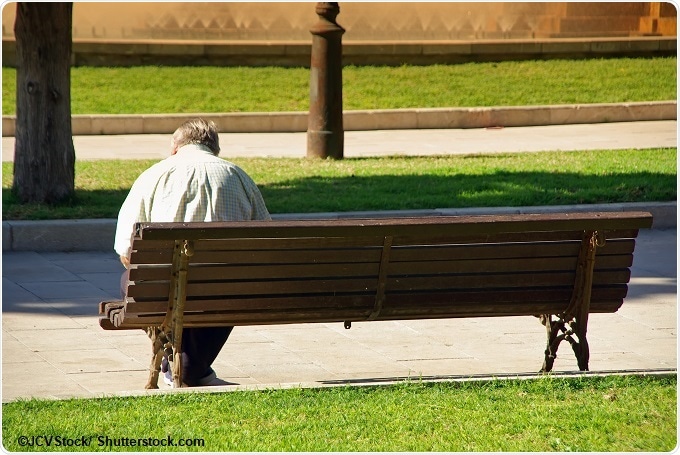The research looked at the impact of both social isolation as well as the rise of loneliness, which is expected to continue to rise in the future.
Dr. Julianne Holt-Lunstad, PhD, who is the professor of psychology at Brigham Young University, said that being socially connected is a basic need of human beings and it is critical for their well-being as well as survival.

Extreme instances show that, due to lack of human contact, babies in custodial care fail to succeed and often die, she added. In fact, solitary confinement or social isolation has been used as a mode of punishment.
An American Association of Retired Persons’ (AARP) study by the name “Loneliness Study” estimates nearly 42.6 million adults in United States, who are above 45 years old, as suffering from chronic loneliness. Moreover, as per the most recent census data of the U.S., over a quarter of the nation’s population lives alone and more than 50% of the people are not married. Also, since the preceding census, rate of marriages as well as the number of children per household has decreased.
According to Holt-Lunstad the above trends indicate that the Americans are becoming less socially connected and experiencing more loneliness.
In order to clarify the effects of loneliness and social isolation on the risk of premature death, data from two meta-analyses were presented by Holt-Lunstad. The first one included 148 studies represented over 300,000 participants, by which it was found that, greater social connection is linked with a 50% decrease in risk of premature mortality.
The second study included 70 researches and represented over 3.4 million people mainly from North America, as well as from Asia, Europe and Australia. It evaluated the possible role of social isolation, loneliness or living alone on mortality. The results indicated that all three factors shared a vital role in the risk of early death, having a similar or greater effect than other well-accepted risk factors like obesity.
Holt-Lunstnd also said that by the increase of the aging population, the effect on public health is expected to rise. “Indeed, many nations around the world now suggest we are facing a ‘loneliness epidemic”, she commented.
She recommends to give more focus on research as well as to overcome this threat from the societal to the individual level. For example, more emphasis can be given to provide social skills training to children in schools and also to include social connectedness while doing medical screening.
Apart from this, social and financial preparations for retirement should be carried out by individuals, as most of the social ties are linked with the workplace.
She also suggested that community planners should ensure the inclusion of social spaces that will promote gathering and interaction, like, community gardens and recreation centers.
Source: